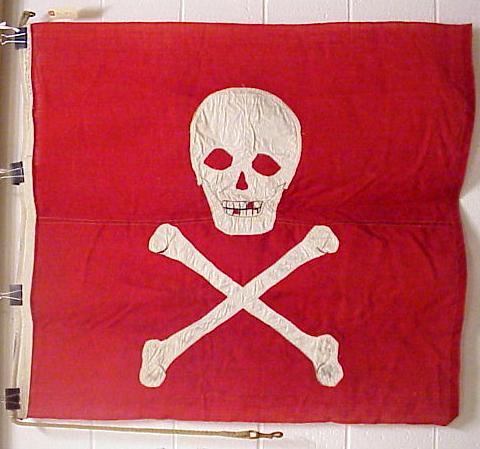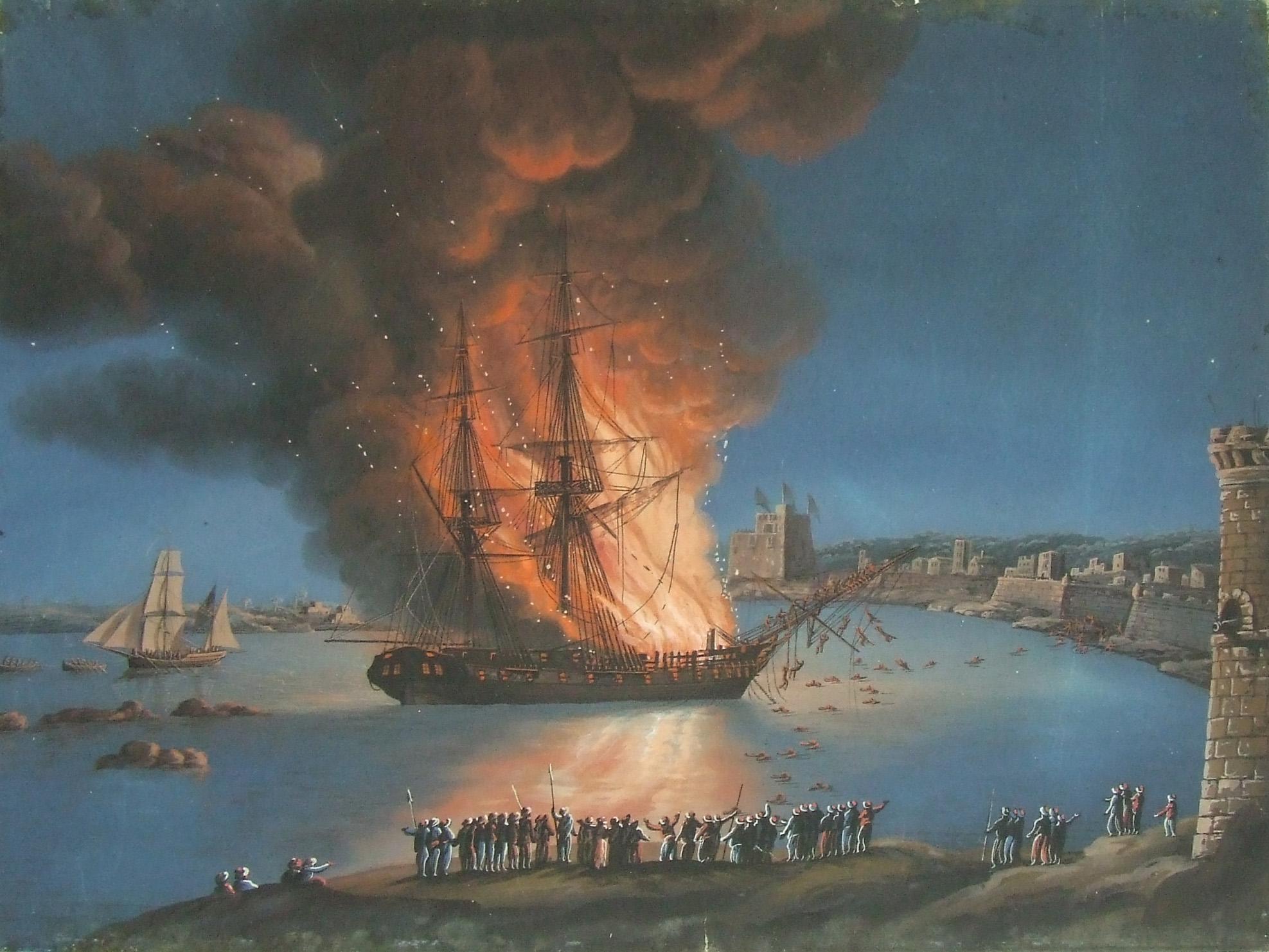Hello again, readers, and welcome back to the Library blog. A quick look at modern popular culture will make it clear even to the most casual of observers that the Caribbean Pirates of the 17th and 18th century are icons in family entertainment. Disney’s “Pirates of the Caribbean” series has been immensely successful, and the 20th century is full of films about swashbuckling heroes and adventures at sea. And yet, a sampling of our news headlines paints a very different picture of piracy: container ships are ransacked, crews held for ransoms, and tourists are kidnapped or killed. Indeed, the world recognizes this problem and has deployed dozens of warships to counter the pirate threat to commerce and personal safety. Why is there such a dichotomy on the subject of piracy?

As a historian, it seems to me that the issue of piracy meets its natural response in the modern headlines: piracy has been reviled and combated since time immemorial, as it should be. The catch is that people also like stories of adventure, romance and rooting for the underdog. English (and by extension, American) culture especially has always had a bit of a rebellious streak, with heroes like Robin Hood robbing the superfluously rich and thumbing their noses at a corruption. For the Anglo-American world, pirates served as an excellent source of rebellious fun once they had faded into the past a bit, and books like Robert Louis Stevenson’s Treasure Island capitalized on this fun in the late 1800s. About two centuries had passed since the buccaneers had last prowled the Caribbean, and it seemed safe to feature pirates as a source of adventure.

If pirates can be seen as an inspiration for rebellious fun, then they can also be seen as necessary to the interests of one’s nation. In the 16th and 17th century, England had heroes like Henry Morgan, who was beloved at home as a privateer but hated in Spain as a foul pirate. During the American Revolution, Patriot privateers raided and plundered British shipping, making piracy essential to the new American republic’s maritime strategy. Once our nation was secure and we had a navy of our own, we came down hard on other pirates, like the ones on the Barbary Coast around the start of the 19th century. Pirates have had a complex relationship in Anglo-American culture, and after many years of time they came to be seen as icons and heroes instead of criminals. Who knows if maybe the Somalis will tell their own Pirate Adventure stories in 2212?
